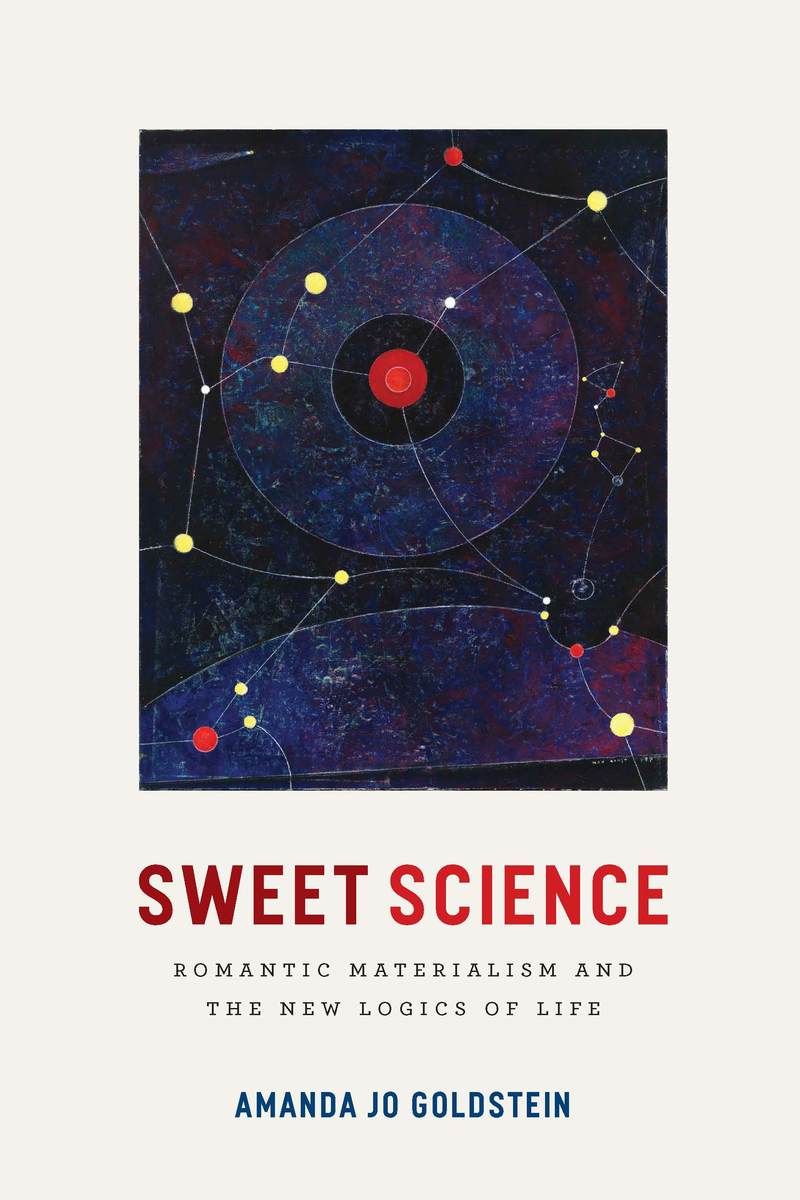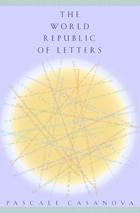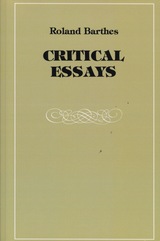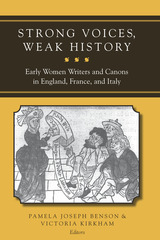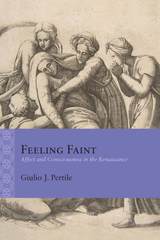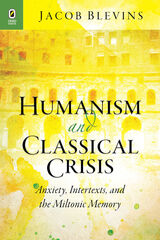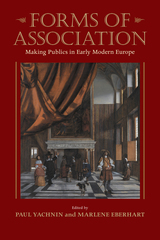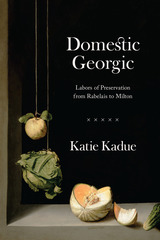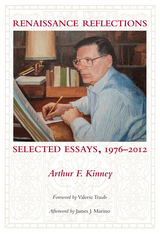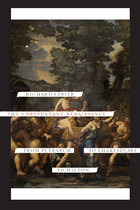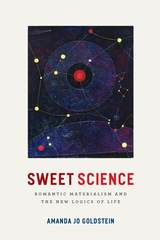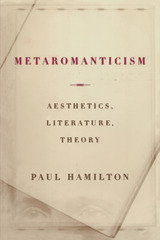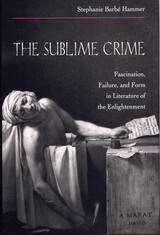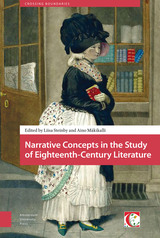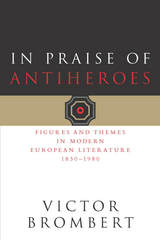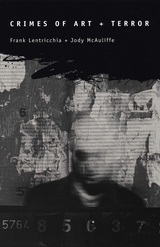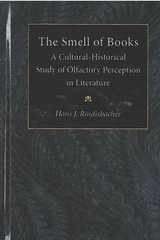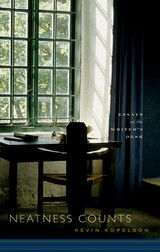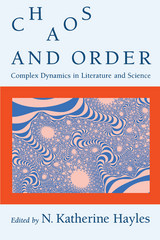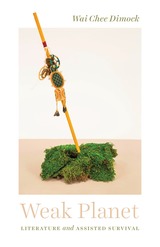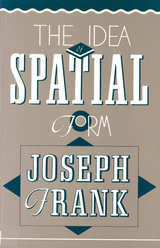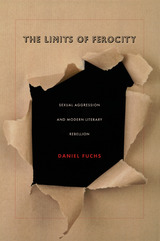Sweet Science: Romantic Materialism and the New Logics of Life
University of Chicago Press, 2017
eISBN: 978-0-226-45858-8 | Cloth: 978-0-226-45844-1 | Paper: 978-0-226-48470-9
Library of Congress Classification PN751.G65 2017
Dewey Decimal Classification 809.034
eISBN: 978-0-226-45858-8 | Cloth: 978-0-226-45844-1 | Paper: 978-0-226-48470-9
Library of Congress Classification PN751.G65 2017
Dewey Decimal Classification 809.034
ABOUT THIS BOOK | AUTHOR BIOGRAPHY | REVIEWS | TOC | REQUEST ACCESSIBLE FILE
ABOUT THIS BOOK
Today we do not expect poems to carry scientifically valid information. But it was not always so. In Sweet Science, Amanda Jo Goldstein returns to the beginnings of the division of labor between literature and science to recover a tradition of Romantic life writing for which poetry was a privileged technique of empirical inquiry.
Goldstein puts apparently literary projects, such as William Blake’s poetry of embryogenesis, Goethe’s journals On Morphology, and Percy Shelley’s “poetry of life,” back into conversation with the openly poetic life sciences of Erasmus Darwin, J. G. Herder, Jean-Baptiste Lamarck, and Étienne Geoffroy Saint-Hilaire. Such poetic sciences, Goldstein argues, share in reviving Lucretius’s De rerum natura to advance a view of biological life as neither self-organized nor autonomous, but rather dependent on the collaborative and symbolic processes that give it viable and recognizable form. They summon De rerum natura for a logic of life resistant to the vitalist stress on self-authorizing power and to make a monumental case for poetry’s role in the perception and communication of empirical realities. The first dedicated study of this mortal and materialist dimension of Romantic biopoetics, Sweet Science opens a through-line between Enlightenment materialisms of nature and Marx’s coming historical materialism.
Goldstein puts apparently literary projects, such as William Blake’s poetry of embryogenesis, Goethe’s journals On Morphology, and Percy Shelley’s “poetry of life,” back into conversation with the openly poetic life sciences of Erasmus Darwin, J. G. Herder, Jean-Baptiste Lamarck, and Étienne Geoffroy Saint-Hilaire. Such poetic sciences, Goldstein argues, share in reviving Lucretius’s De rerum natura to advance a view of biological life as neither self-organized nor autonomous, but rather dependent on the collaborative and symbolic processes that give it viable and recognizable form. They summon De rerum natura for a logic of life resistant to the vitalist stress on self-authorizing power and to make a monumental case for poetry’s role in the perception and communication of empirical realities. The first dedicated study of this mortal and materialist dimension of Romantic biopoetics, Sweet Science opens a through-line between Enlightenment materialisms of nature and Marx’s coming historical materialism.
See other books on: 1749-1832 | 18th Century | European literature | Literature and science | Romanticism
See other titles from University of Chicago Press
